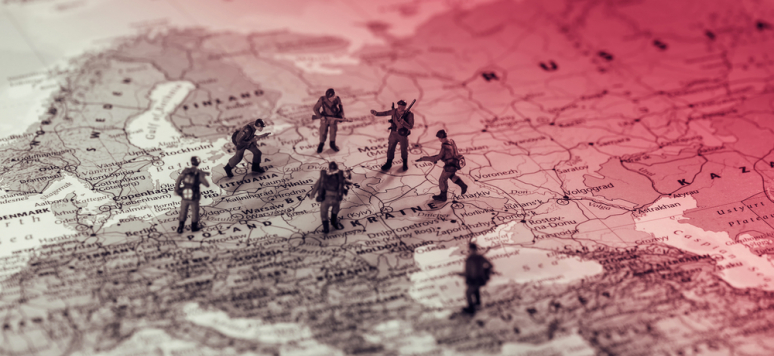Proliferation Papers - The Erosion of Strategic Stability and the Future of Arms Control in Europe Proliferation Papers, No. 60, November 2018

The instruments of cooperative security created during and since the Cold War to foster mutual confidence and reduce the risks of war, inadvertent escalation, and arms races, in and around Europe, have come under increasing strain.
The European security architecture has been – and is being – weakened by renewed geopolitical competition, technological and military developments, and states violating or bypassing international law, or walking away from previous commitments. Against this backdrop, it is crucial to reassess the meaning and requirements of crisis and strategic stability in Europe. This report looks at some current and future sources of strategic instability, and focuses in particular on how the Russian way of waging modern conflict could, through the importance given to strategic ambiguity and operational opacity, fuel escalatory dynamics in Europe. It argues that strengthening strategic stability in Europe requires a two-pronged approach, combining a sustained effort to reinforce deterrence and defense in Europe with new confidence- and security-building and arms control measures to reduce reciprocal fears, incentives to escalate rapidly during a crisis, and risks of conventional and nuclear war in Europe.
